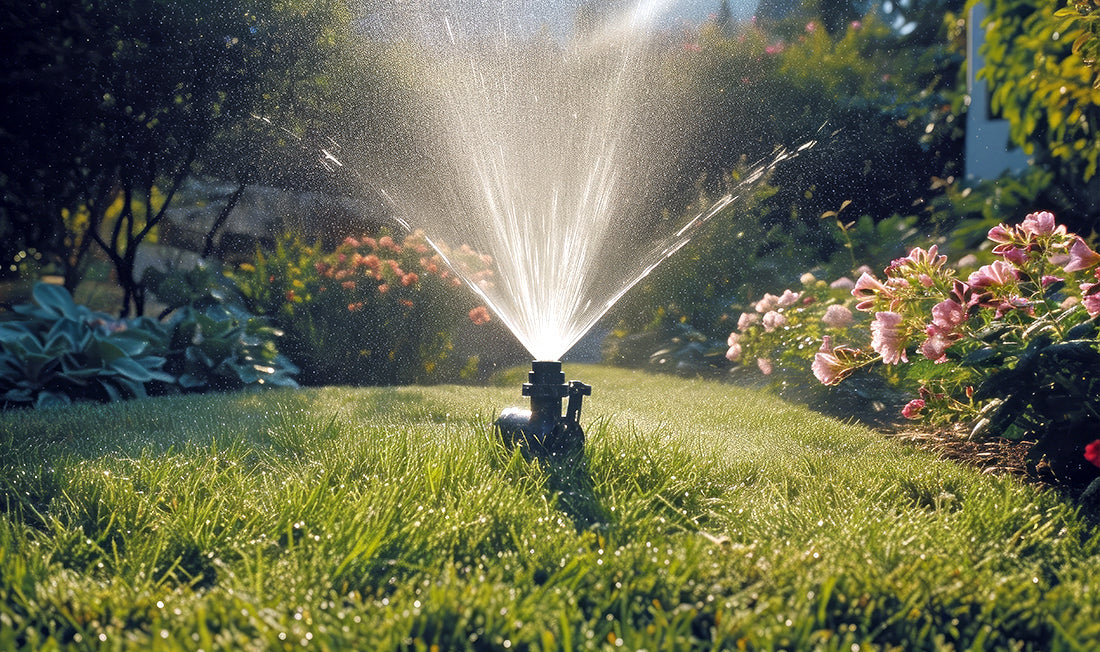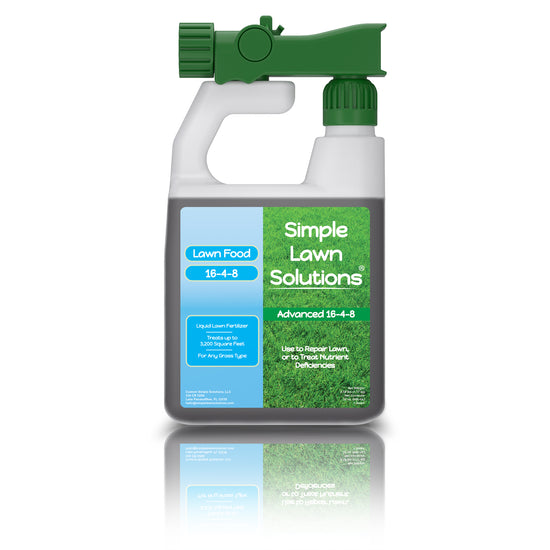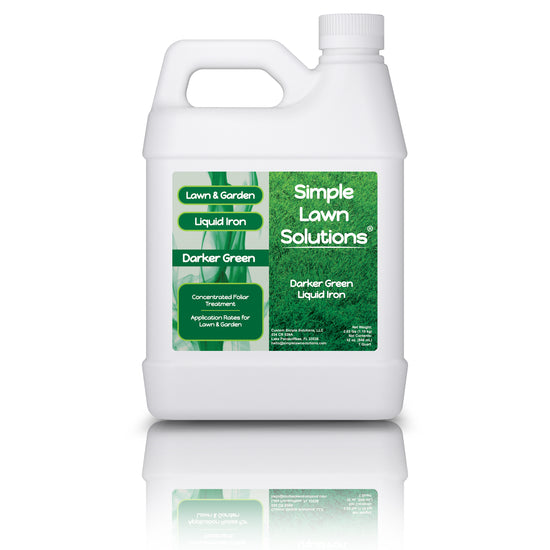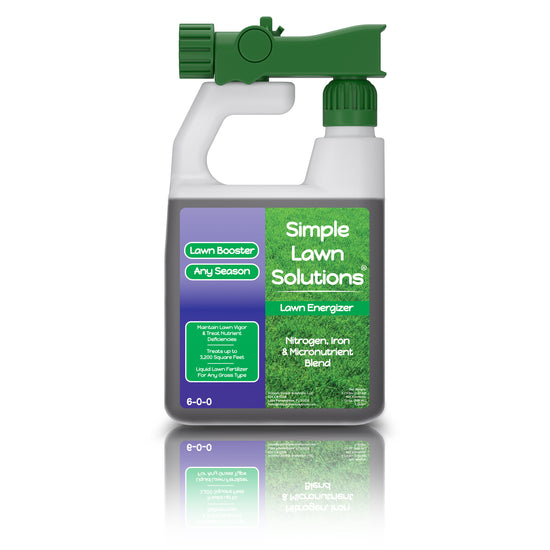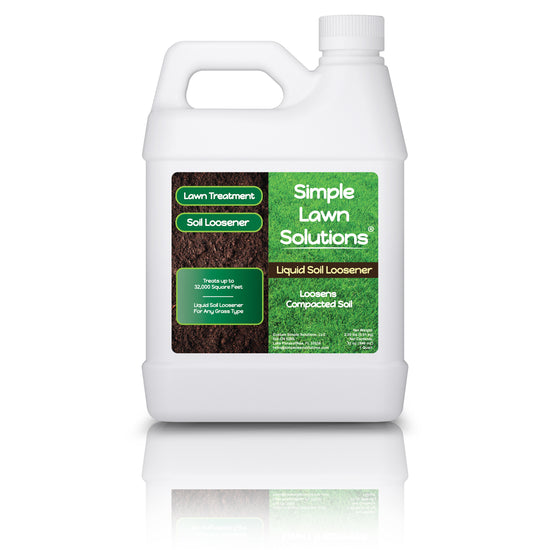Developing an irrigation program for St. Augustine grass should be as precise as possible due to the sensitivity of soil moisture content in which turfgrass is growing. St. Augustine, a turf that necessitates the appropriate amount of irrigation, becomes susceptible to diseases and other stresses in the presence of excessive water or soil saturation.
Too little water and drought stress become an issue. So, how can you determine the amount of water for your lawn?
St. Augustine will initiate growth once the temperatures increase in the spring and summer months between 80 – 100 degrees F. Given these temperature ranges, watering is one of the most important factors with St. Augustine. Therefore, there are certain ways to ensure St. Augustinegrass receives the optimum amount of moisture to sustain the plant's life.
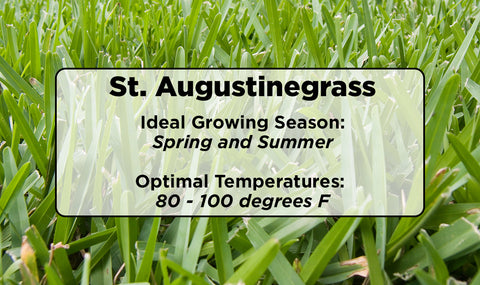
When to Water St. Augustinegrass?
First, always perform a visual inspection of the grass once the leaf tissue has greened and is actively growing. Physically inspect any areas that are discolored by touching the soil beneath the turf. This can also be accomplished by taking a core sample or slicing the turf with a knife to determine what the moisture level is. Soil samples that contain the right amount of water will hold together and not contain dripping water. Overwatered soils will drip water when squeezed and serve as a sure sign that over-saturation has occurred. This would indicate that adjustments need to be made to the amount of water that is being applied.
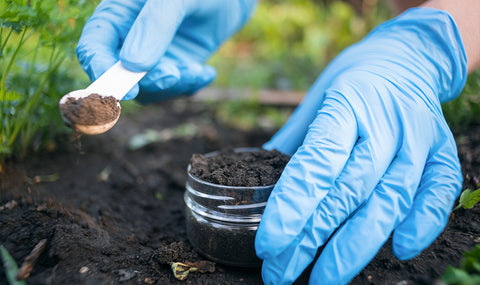
Second, one can perform the knee test to determine the moisture. Simply put one knee on the turf and see if there is moisture on the skin or clothing. There should always be some moisture present, but not excessive. Again, if excess moisture is present, then the soil is probably too wet. Saturated soils can limit a lot of activity within the pore space of the root zone. Air, water, and nutrients require open pore space to be active in carrying out the growth process of all plants. When pore spaces within the soil are 100% filled, it can limit the success of potential growth in many ways.
Therefore, the correct moisture content is very important.
Another method for determining if St. Augustine requires water is to observe the leaf blades. Leaf blades that are folding in the middle are a sign that water is required but leaf blades that curl longways signify that too much water is present. Excessive amounts of water can cause disease infestation such as Brown Patch.
Soil Types and Irrigation
St. Augustine growing on different soil types and characteristics will require a modified irrigation schedule. Sands that are sized properly without higher percentages of clay and silt will have a higher infiltration rate than clay soils that are high in fine clay and silt particles. The different soil types will require different irrigation schedules. Watering to a total of 1” per week is the goal for turfgrass, which would include rainfall amounts. However, sandy soils would need to be watered more frequently than clay soils due to internal root zone drainage rates. Watering 1” per week may require operating your irrigation system more days, but less run time per station for sandy soils. Higher clay and silt soils require longer runtime, but fewer days to maintain the proper moisture levels.
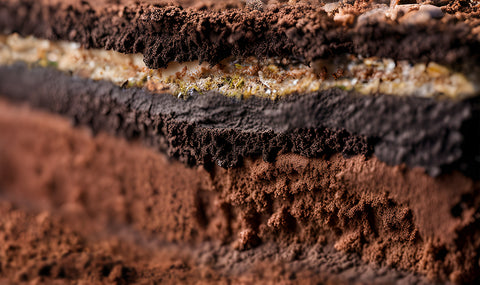
The Best Time of Day to Water
Timing of watering will be most beneficial to the overall health of St. Augustine. Therefore, operating your irrigation system in the early morning hours is best for moisture retention, reduced evaporation, and dry leaf blades during the hottest parts of the day. St. Augustine, which is turning brown from lack of water is a dying plant and requires water.
If you have any questions on how much irrigation your lawn needs, or are struggling with your lawn care regimen in general, send us an email at hello@simplelawnsolutions.com


